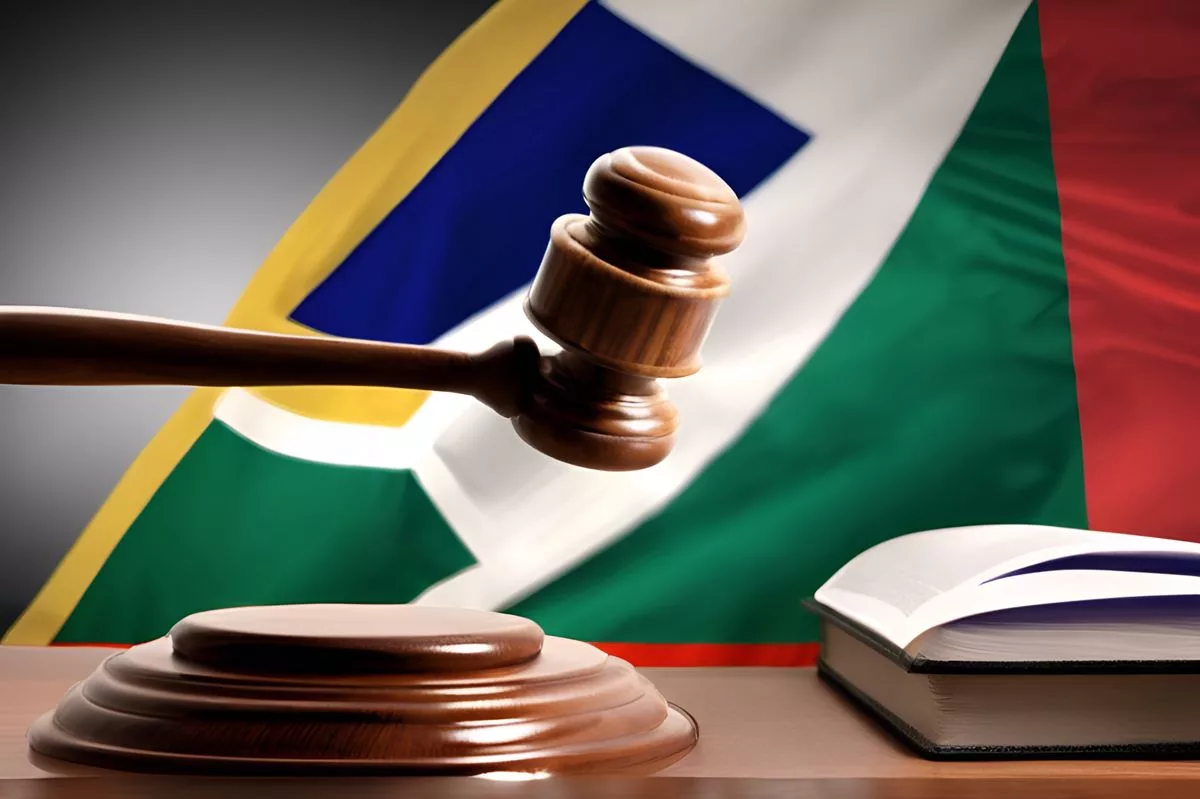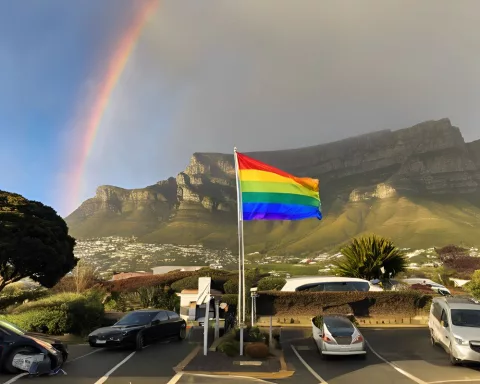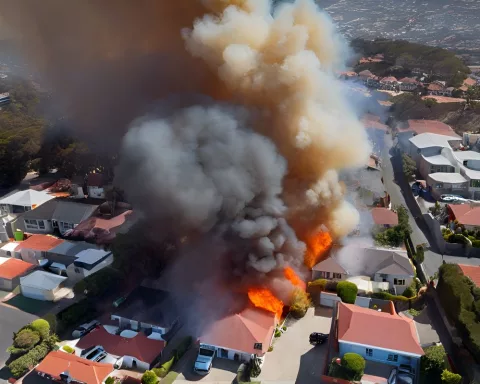The Birchwood Assembly was a conference aimed at enhancing safety and security in South Africa by fortifying the justice system. Minister Ronald Lamola delivered a speech highlighting the need to reform the criminal justice system and address challenges like poverty, victim rights, and rehabilitation of offenders. Attendees engaged with experts to discuss proposals for a more modernized criminal justice system, with the goal of bolstering the nation’s security and safety. The conference represented a beacon of hope and a coalition of influential figures united in their commitment to justice.
What was the Birchwood Assembly?
The Birchwood Assembly was a gathering of influential individuals, including politicians, law enforcement personnel, academic scholars, and representatives of civil society, all united by a shared commitment to fortify a justice system that safeguards its citizens. The conference’s focus was on enhancing safety and security in South Africa, with a theme of “Strengthening the Integrated Criminal Justice System and Reviewing the Criminal Procedure Act.” Minister Ronald Lamola delivered a speech on the initiative highlighted in the ANC’s 2024 election manifesto and the need to reform the criminal justice system.
A brisk morning on February 27, 2024, saw the spotlight fall on Minister Ronald Lamola as he ascended the stage at the Birchwood Conference. This gathering, themed “Strengthening the Integrated Criminal Justice System and Reviewing the Criminal Procedure Act,” focused on enhancing safety and security in South Africa. The attendees spanned a diverse range of influential individuals, including politicians, law enforcement personnel, academic scholars, and representatives of civil society, all united by a shared commitment to fortify a justice system that safeguards its citizens.
A Step Towards Justice: The Speech of Minister Lamola
Minister Lamola initiated his discourse with a revered Martin Luther King Jr. quote, “Every step toward the goal of justice requires sacrifice, suffering, and struggle; the tireless exertions and passionate concern of dedicated individuals.” This quotation resonated with the ethos of the African National Congress’s (ANC) efforts to revamp the criminal justice system. As stated in its 2024 election manifesto, the ANC vowed to uphold democracy and foster freedom by guaranteeing the safety of South African homes, streets, and borders. Minister Lamola’s speech delved into this promise, offering a detailed perspective.
A substantial initiative highlighted in the manifesto was the Integrated Violence and Crime Prevention Strategy. This exhaustive approach to crime eradication comprised plans to boost policing, encourage investment in community policing forums, build capacities to counter cybercrime and reinforce the justice system.
Addressing Challenges and Initiatives
Lamola also acknowledged the ongoing combat against poverty and the socio-economic challenges that continue to haunt South Africa. He emphasized the crucial role of schemes such as the Integrated Criminal Justice Strategy and the Justice, Crime Prevention, and Security Seven-Point Plan in confronting these concerns.
A central aspect of Lamola’s address was the need to rectify the perception that criminals often enjoy more rights than their victims. In this regard, he underlined the relevance of a victim-centric approach to reform the criminal justice system. He recognized the societal apprehension and the economic effect triggered by crimes such as gang violence, armed thefts, assault, and homicide. He further stressed the importance of demonstrating compassion, empathy, and respect for crime victims.
Balancing Justice and Rehabilitation
Lamola urged for equilibrium in handling offenders. While acknowledging the state’s authority, he emphasized the necessity to safeguard innocent individuals from unjust prosecution. He also highlighted the significance of creating avenues for reformed offenders to re-enter society, instead of facing ostracization due to their criminal histories.
The Minister further urged for introspection regarding the Criminal Procedure Act of 1977. Although amended several times, he noted that the Act, which has its roots in the Apartheid era, remains largely unchanged. To address this, he spoke of his directive to the South African Law Reform Commission in 2020, to examine and reform the criminal justice system, including the Criminal Procedure Act.
Moving Forward: The Conference Priorities
Lamola described the conference as a platform to critically evaluate and glean lessons from past initiatives. Attendees would engage with experts, discuss findings and proposals concerning the review of the Criminal Procedure Act, and provide solid recommendations for a more responsive, efficient, and modernized criminal justice system.
In closing, Minister Lamola extended a warm welcome to all the delegates, expressing optimism for a fruitful and successful conference. He aspired for an outcome where the dialogues and debates would lead to practical recommendations, bolstering the nation’s criminal justice apparatus.
In an era increasingly characterized by socio-political turmoil, the commitment to enhancing the justice system was a beacon of hope. The conference represented a bold endeavor, a coalition of authoritative figures, scholars, and activists, all driven by their fervor and devotion to cultivating a safe and secure society.
What was the focus of the Birchwood Assembly?
The focus of the Birchwood Assembly was enhancing safety and security in South Africa by fortifying the criminal justice system.
Who delivered a speech at the Birchwood Assembly?
Minister Ronald Lamola delivered a speech at the Birchwood Assembly, highlighting the need to reform the criminal justice system and address challenges like poverty, victim rights, and rehabilitation of offenders.
What initiatives were highlighted in the ANC’s 2024 election manifesto?
The ANC’s 2024 election manifesto highlighted initiatives like the Integrated Violence and Crime Prevention Strategy, which included plans to boost policing, encourage investment in community policing forums, build capacities to counter cybercrime, and reinforce the justice system.
What was the central aspect of Minister Lamola’s address?
The central aspect of Minister Lamola’s address was the need to rectify the perception that criminals often enjoy more rights than their victims and the need for a victim-centric approach to reform the criminal justice system.
What did Minister Lamola urge for in handling offenders?
Minister Lamola urged for equilibrium in handling offenders, safeguarding innocent individuals from unjust prosecution, and creating avenues for reformed offenders to re-enter society.
What was the goal of the conference?
The goal of the conference was to critically evaluate past initiatives, discuss proposals for a more modernized criminal justice system, and provide solid recommendations for a more responsive, efficient, and effective justice system.










